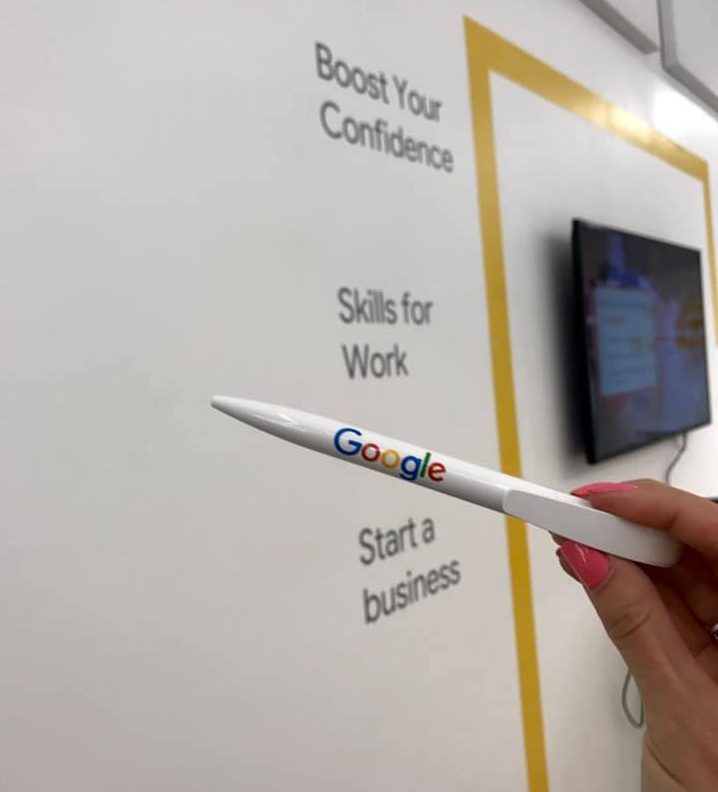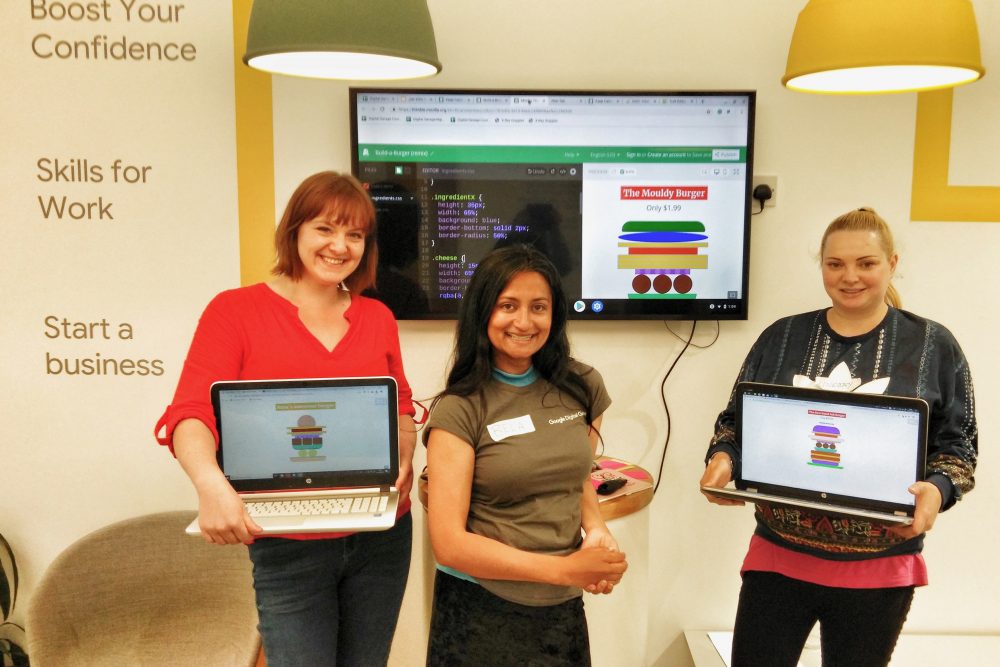When my son was 1.5 years old, my part-time marketing role came to an end. I found myself torn between deciding whether to look for work or to stay at home and take care of him. What I wanted was to spend most of my days with my little boy. But if I did that, how would I stay professionally relevant in a fast-changing, software driven world?
Over the next year, I pondered the challenge of retaining professional value as a SAHM (stay-at-home-mum). I had some work but mostly stayed in the role of mama, filling my days with playgroups, babyccinos, arts & crafts and all the usual things you do with a small child.
Finally, I made a decision. For me, the answer was to teach myself to code. Now, this isn’t necessarily an answer for everyone. It made sense for me as I had already spent a decade as a professional in the digital realm and had tons of experience working closely with developers and designers.
My challenge was trying to learn enough to be professionally useful quickly, whilst meeting the needs of a small child for 12 hours a day.
So how did I do it?
Learning to code as a SAHM
First, I had to build my own roadmap for learning, and it had to be realistic.
During the daytime, I had only a few stolen moments in which to do anything coding-related. So, I prioritised my learning goals brutally.
I knew that I would not be able to cover all the coding content, and so I had to carefully:
-
choose what to learn,
-
how well to learn it, and
-
be clear about my reasons for those decisions.
Most of my learning happened between the hours of 10pm-2am. This is not sustainable long-term, so I wouldn’t advise it but this was the reality for me. Sometimes I would do hands-on coding, sometimes I would review articles and videos, sometimes I would consolidate my notes and try to make them relevant/appealing to me in order to engrave them in my memory and enable me to retrieve the info from my mind easily.
Secondly, I found some personal projects to work on which would allow me to implement what I had learnt, and form part of my portfolio. For example, I volunteered to build a website for a local community project.
No matter how busy I was or tired I felt, I always ensured that I did a little something each day even if that meant only 5 mins reading an article or watching a video to strengthen my understanding of a specific coding topic.
Starting my business
All the hard work paid off…Once I felt confident in my abilities, I started a business offering software development services and digital skills training. Suddenly I was a company director! Initially it seemed like too scary a venture to embark on but I’m a list-maker, so I just made lists and lists of things to do, and either highlighted 3 items at a time that were the priority for that day, or I just focused on the next logical step for progression.
Before I knew it, I had registered a business, secured an accountant, acquired relevant insurance, and 3 hours after my son’s 4th birthday party I started working with my first client!!

My first project
This first project involved offering my services as a Coding Coach at the Google Digital Garage based in Edinburgh.
The Digital Garage offers courses to local people free of charge to help them increase the digital skills they need to improve their confidence, their careers, or their businesses.
I have been delivering the 5-week Intro to Coding course which has involved:
-
Providing an introduction to JavaScript, HTML & CSS
-
Guiding course attendees in their use of visual programming tools
-
Helping attendees make changes to games and websites
-
Facilitating discussions around topics such as machine learning, smart cities and big data
-
Jargon busting
While the courses at the Google Digital Garage are open to members of the public, sometimes the Garage partners up with businesses and delivers sessions to their staff. For example I am currently coaching staff from a well-known financial institution, on top of my usual coaching sessions, and it’s been interesting to work with such a wide variety of people keen to increase their knowledge of coding.
Google UK’s Digital Garage is a pop-up project that moves around the UK. The Edinburgh (Scotland) venue is due to close shortly but a new venue has popped up recently in Sunderland (England).
Take the next logical step towards your goal
What I have learned during this professional transition is that when you want to make a significant change in your life, it helps to:
-
Have a clear goal in mind. It must be one that is compelling to you. This is what will keep you going when you are tired, stressed, overwhelmed or disheartened.
-
Keep taking steps, no matter how small, in the right direction. Think about the next logical step…and then take it. Break it down into smaller steps if that helps.
Even though I have been on this journey towards becoming a software developer for a while now, I’m only at the beginning of my journey as a company director. I have a long way to go…but I’m already taking my next tiny step onwards.
What’s your next step?
XXX
Bela Hamid

After graduating from Edinburgh University with a degree in Ecology, Bela spent a decade in the tech/startup/digital realm in mostly marketing-related or project management roles. She has worked for large and small organisations; and in both the public and private sector.
Whether delivering digital projects on time and within budget, or helping startups or small businesses create and deliver key messages and tell their stories, she always brings with her a relentless curiosity, resilience and drive. After becoming a mother, Bela taught herself to code and started her own business offering software development services and digital skills training.






